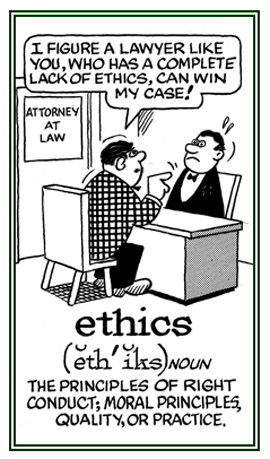-ics, -tics [-ac after i]
(Greek: a suffix that forms nouns and is usually used to form names of arts and sciences)
The field of science that deals with the production, detection, and control of sound by electrical devices: The area of engineering acoustics includes the study, design, and construction of such instruments as microphones, loudspeakers, sound recorders and reproducers, and public address systems."
ephebiatrics
1. The branch of medicine that treats the development and pathology of adolescence; the specialty of diseases of adolescents.
2. A branch of medicine consisting of the diagnosis and treatment of diseases of youth (18-25 years).
2. A branch of medicine consisting of the diagnosis and treatment of diseases of youth (18-25 years).
epigraphics
1. The science or study of epigraphs or inscriptions; such as, those on statues or buildings.
2. Mottoes or quotations, as those at the beginning of literary compositions, setting forth themes.
2. Mottoes or quotations, as those at the beginning of literary compositions, setting forth themes.
ergasiatrics
Another term for psychiatrics.
ergographics
The science of using an instrument for registering on a moving drum the movement of a ginger or a contracting muscle in doing work.
This kind of study is used as an index of mental excitement, fatigue, etc.
ergonometrics, work measurement
An application of various procedures for determining the time for an operator to perform a task satisfactorily while using a standard method in the usual environmental conditions; for example, time study or work sampling.
ergonomics
1. The study of how a workplace and the equipment used there can best be designed for comfort, efficiency, safety, and productivity.
2. The science of making things fit people instead of asking people to fit things.
2. The science of making things fit people instead of asking people to fit things.
Ergonomics uses knowledge from anatomy, mechanics, physiology and psychology to utilize human energy most effectively.
Something that is ergonomic is designed for safe, comfortable, and efficient use; for example, a computer keyboard with an ergonomic design is designed to help the user avoid carpal tunnel syndrome and wrist pain.
3. The quantitative study of the distribution of work performance and efficiency of social insects.
esthetic (adjective), more esthetic, most esthetic
Concerning the appreciation of beauty or good taste: Thomasina had an esthetic understanding and appreciation of sunsets and tried to paint them as she saw them.
ethics (s) (noun, ethics (pl)
1. An area of study which deals with ideas about what is good and bad behavior: Ethics is Mark's chosen field of study at the university.
2. A branch of philosophy dealing with what is morally right or wrong: Ethics is something we should all consider so we can do what is good.
3. Rules of behavior based on ideas about what is morally good and bad: Jim's political ethics are questionable because some of the things which he has done have been morally wrong.

© ALL rights are reserved.
Go to this Word A Day Revisited Index
2. A branch of philosophy dealing with what is morally right or wrong: Ethics is something we should all consider so we can do what is good.
3. Rules of behavior based on ideas about what is morally good and bad: Jim's political ethics are questionable because some of the things which he has done have been morally wrong.
Harriet's journalistic ethics are considered unacceptable and so she will be replaced by the publisher.

Go to this Word A Day Revisited Index
so you can see more of Mickey Bach's cartoons.
ethnics
The plural form of ethnic which is considered to be distinctive of the ways of living that have been built up by different groups of people.
ethnolinguistics (s) (noun)
1. The study of language as an aspect of culture: "Ethnolinguistics is the study of the effects of cultural influences on language or the cultural results that come from language."
2. The study of the relations between linguistic and cultural behavior.
2. The study of the relations between linguistic and cultural behavior.
ethnosemantics
The study of how the members of a culture use language to describe certain fundamental and universal classifications; such as, color, kinship, weather, plants, and animals.
ethnotechnics
The science of technology as a part of primitive culture.
The study of living in a healthy condition.
eugenics
1. The idea that society can be improved by allowing people to become parents only if they are likely to produce healthy and intelligent children.
2. The study of hereditary improvement of the human race by controlled selective breeding.
3. The proposed improvement of the human species by encouraging or permitting reproduction of only those people with genetic characteristics that are judged to be desirable.
2. The study of hereditary improvement of the human race by controlled selective breeding.
3. The proposed improvement of the human species by encouraging or permitting reproduction of only those people with genetic characteristics that are judged to be desirable.


